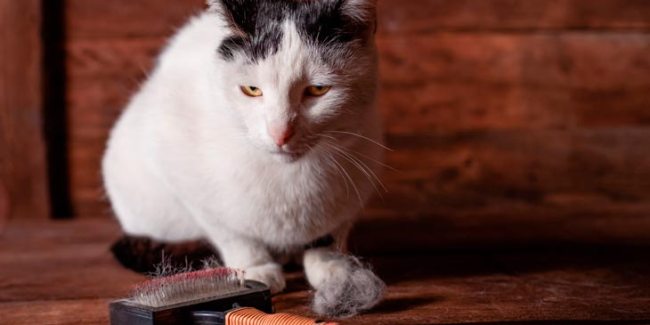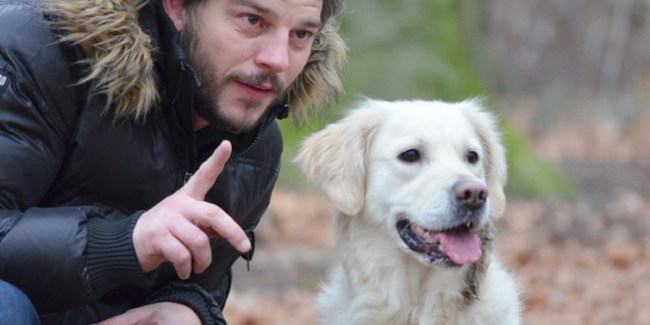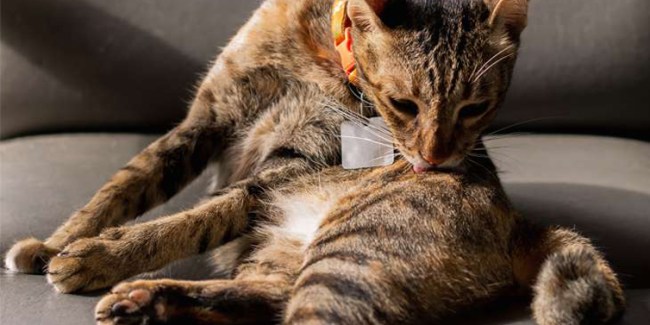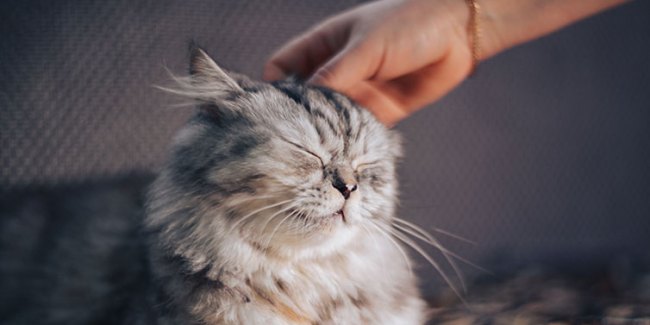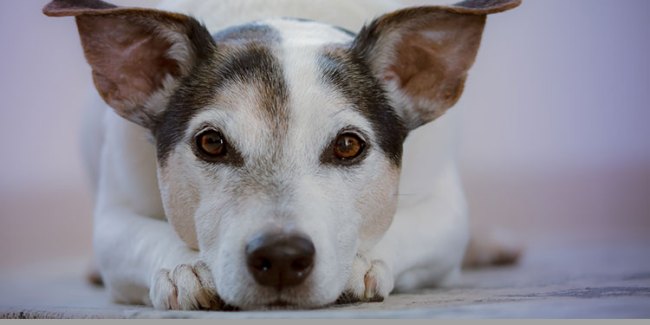Caring for Your Golden Oldie

As your feline or canine friend gets older, it’s important to know how their needs may change.
Cats and dogs age differently to humans as their lifespan is a lot shorter. If your pet is one or two years old, they are technically already a “teenager” in pet years. 7 years old is considered “middle aged” for pets who will be considered “senior” just a few years later.
Like their human counterparts, pets experience changes as they get older. This needn’t be something scary as signs of aging are just part of their journey but it’s important to know when changes are “normal” or when a trip to the vet is necessary.
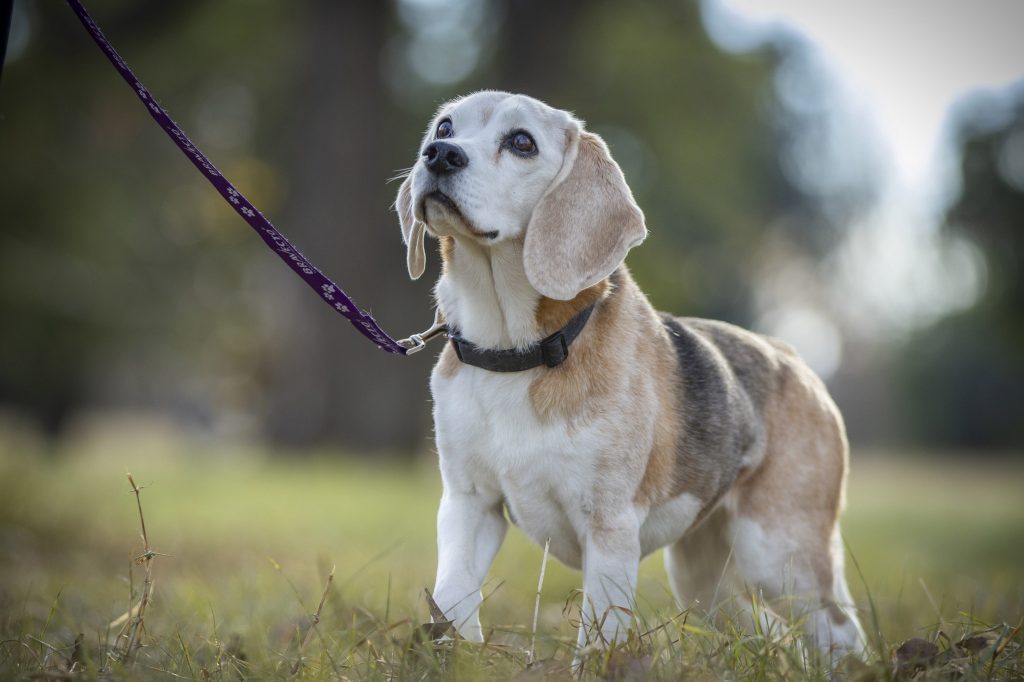
- Dental Issues – as with humans, pets’ teeth start to decay as they age. Dental disease and tooth loss can be painful and cause additional issues such as loss of appetite, difficulty eating and other health complications. If your pet is drooling excessively or disinterested in food, a trip to the vet may be necessary.
- Weight fluctuations – older dogs often experience weight gain as their activity levels slow down. This is quite normal but their healthy weight should be maintained with regular exercise and appropriate diet. While a few extra pounds is normal for older pets, sudden weight loss is not. This may be a sign of muscle loss, decreased appetite or other underlying conditions such as hyperthyroidism or diabetes. If your pet has lost 10 % of their body weight or more, it is advisable to see your veterinarian.
- Getting slower – while it’s obvious that older pets (and humans) aren’t able to achieve the athletic triumphs of their youth, other signs of slowing down become evident. This could include less effective grooming in those hard to reach places as well as less sleep and even muscle loss due to inactivity.
- Worsening vision – lenticular sclerosis is the condition whereby the eye can get cloudy and blueish in colour. Not to be confused with cataracts, this condition is a normal sign of aging but will effect your pet’s ability to see as clearly or be as comfortable in bright spaces. A quick check at the vet will rule out any other serious optical issue.
- Hearing loss – this is a common sign of aging for all species and many pets end up entirely deaf. If your pet does not come when called or react to your voice as much as they used to, your veterinarian will be able to confirm if this is indeed just another sign of aging or if the hearing loss is caused by an infection, parasites or another ailment of the ear.
- Incontinence – while this is not uncommon in older pets, the loss of control of the bladder can be a sign of an infection or kidney failure. If you notice your pet has started to forget their house training or strains when trying to urinate, this could be a sign of an underlying health issue. Don’t panic – many of these conditions are treatable with medication (depending on the condition).
- Senility – like humans, pets’ brain function deteriorates as they age. This could include memory loss when searching for their litter box or water bowl, and some research suggests that cats even suffer from Alzheimer’s disease.
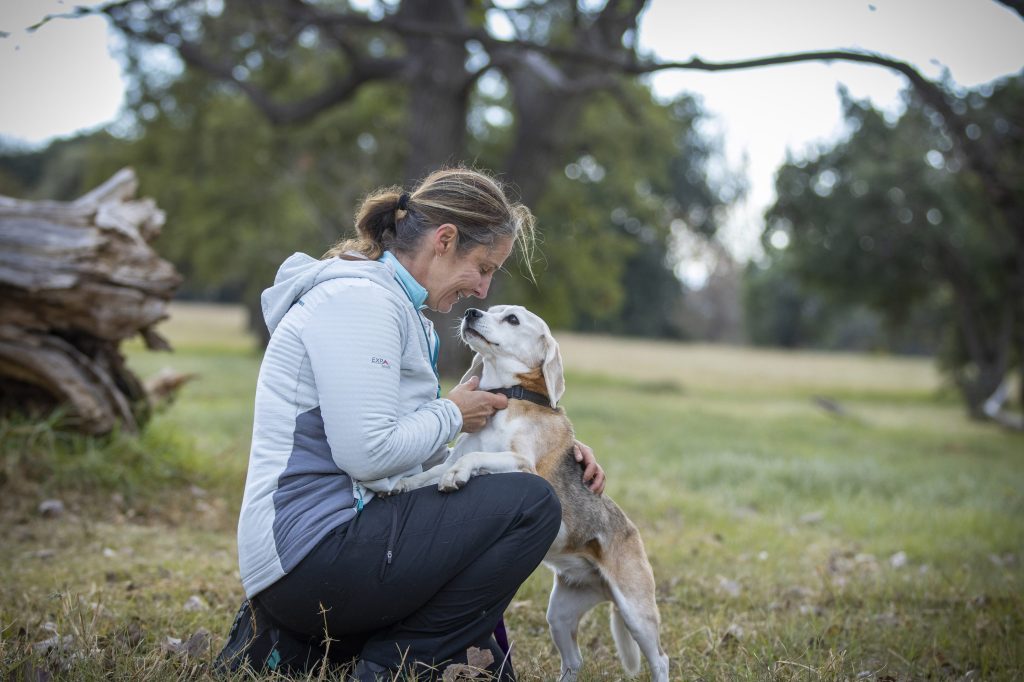
Dealing with a senior pet need not be a hassle. Being mindful of removing them from noisy or stressful situations, giving them an extra soft bed to rest their weary bones and staying on the lookout for illnesses (supported by your veterinarian) will ensure your dog or cat enjoys happy twilight years.
ZA-NON-240900009
Subscribe to our Newsletter
Get to know your furry friend better! Sign up for all things dog- or cat-related.
The Hairy Facts about the dreaded hairball
12 April 2021
Help! My dog’s barking mad! Volume 2
12 April 2021
Your Itchy, Scratchy Cat – All About Cat Skin Problems
12 April 2021
The Dog’s Diet: A Bone of contention?
01 April 2021
Mango Fly Worms: How to Spot and Eliminate them
Posted on November 28,2019
Managing Mange And Mites In Your Dog
Posted on June 11,2018
Why Do Cats Purr and How? Learn What Your Cat Is Saying
Posted on October 14,2020
How to Get Rid of Ear Mites in Dogs
Posted on November 06,2019


